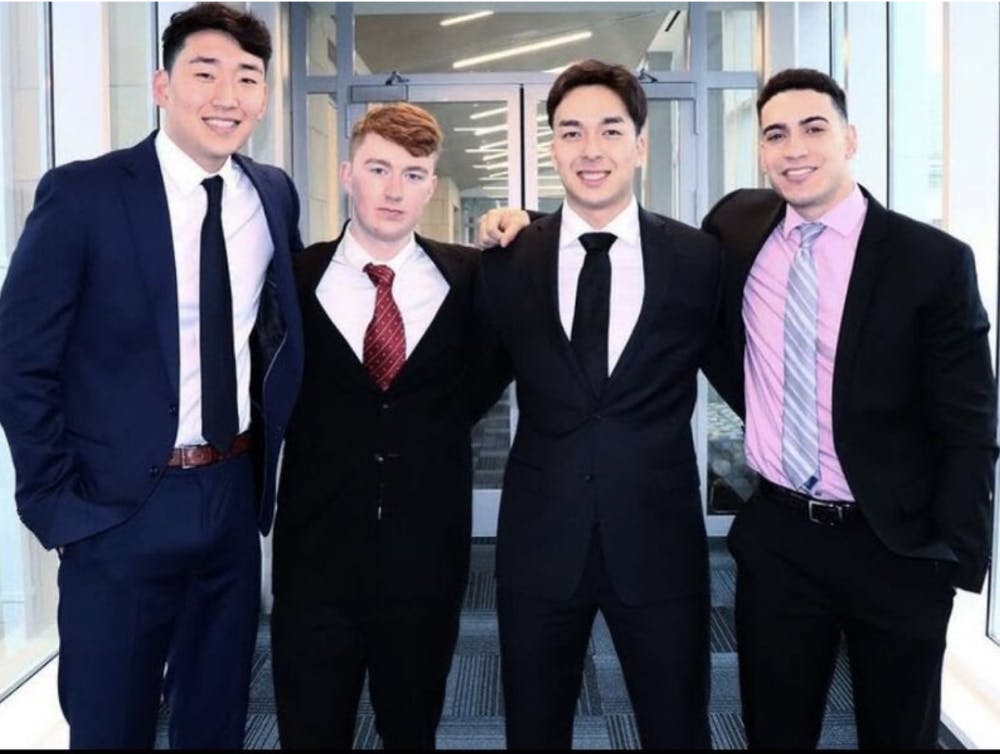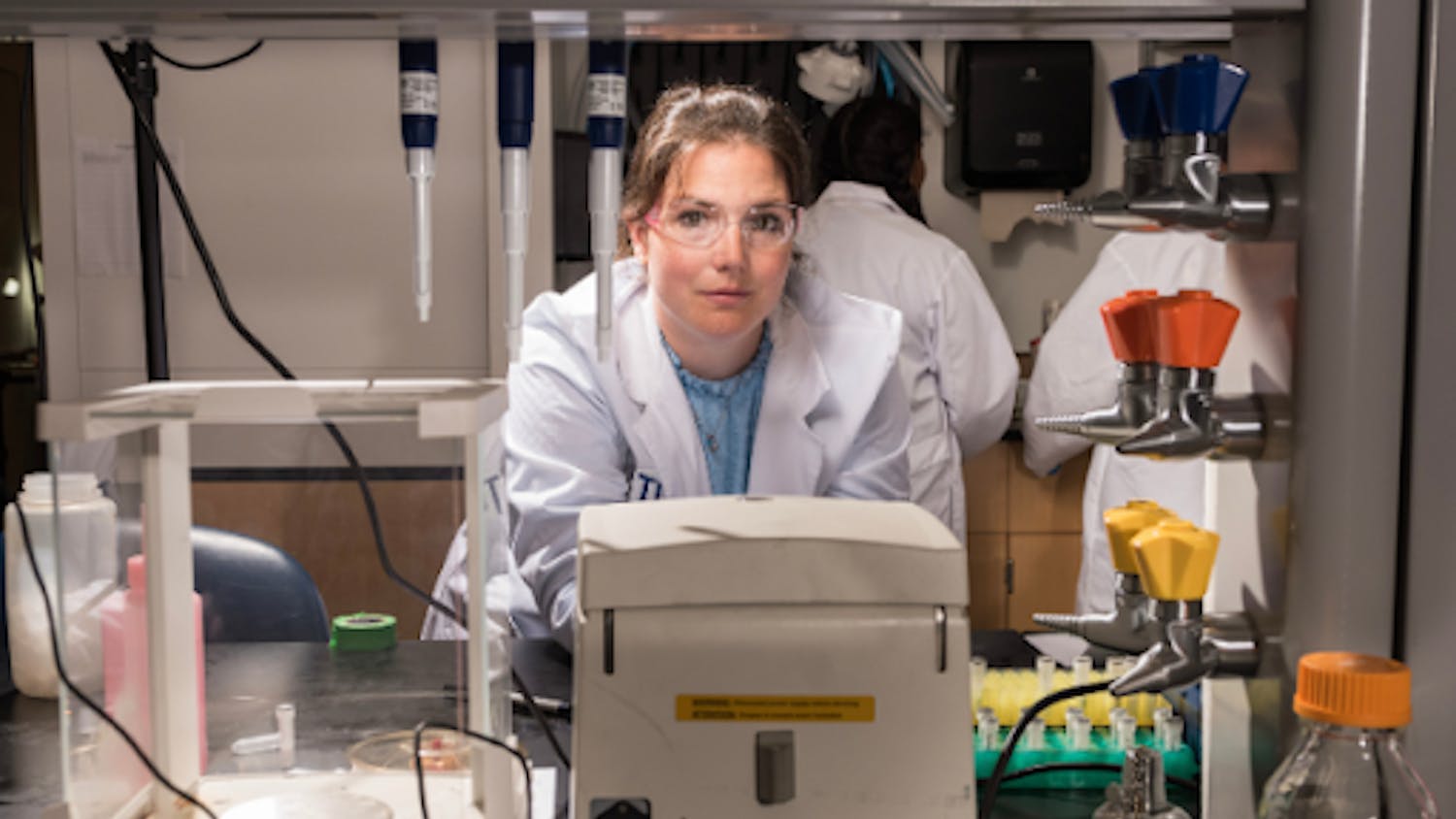By Jenny Marcinkowski
Staff Writer
The Mayo Business Plan Competition, held virtually for the second year in a row, concluded its final round on March 31. Teams competed against each other at a chance of winning $30,000 for their business plan.
The competition is open to all disciplines and started back in September with students placing themselves in groups of two to four. First, the students have to attend a virtual business plan seminar hosted by the Small Business Development Center and complete two LinkedIn modules that concentrate on business and financial planning. Dr. Kathryn Jervis, Dean of the School of Business, hosted two one-hour voluntary sessions aimed at helping students who were struggling with the financial statement process, a new addition to the program.
The competition started with 11 teams, however a panel of judges examined each team’s business plan in January and chose six teams to advance to the semi-final round. That round was completed on March 3 and each team was assigned a mentor for their final presentations that took place on March 31. This concluded with finalist judges choosing the top three teams to advance.
“The competition went exceedingly well. The judges thought that teams were outstanding, well prepared and thoughtfully responded to all feedback provided after the semi-final round. I would label this year as a wonderful success,” Jervis said.
The teams had 30 minutes to pitch their idea and panelists had the opportunity to ask questions at the end. Each judge was an alumni of the College with careers scattered across the business field. The judges consisted of Gloria E. Weissbart (‘78), Blair L. Worrall (‘78), Greg Gallo (‘83), Ariana DeLuca (‘94) and Ryan Chiu (‘19). Chiu was a first place winner of the 2018 Mayo Business Plan Competition.

In first place came Team Zero winning $30,000 for their innovative idea to create an alternative to single-use cups that are compostable, renewable and biodegradable. The group consisted of seniors Joaquin Garcia, a marketing major, chemistry major Jay Lim, finance major Thomas Fitzgerald and biomedical engineering major Axel Delakowski.
“We had the expertise from our own coursework and experiences, the means to research information, and the guidance we needed with an engineering and a business advisor. The biggest challenge was sitting down and starting,” Delakowski said.

“We plan on using the prize money on material and tools to further develop our product and manufacturing processes in our research and development work,” he said. “We’re looking into the viability of thermoforming or injection molding manufacturing with our bioplastic.”
In second place was Midnight Munchies, a mobile food truck planning on serving the College in September 2021. The co-founders are senior finance majors Christopher Camacho and Tony Morency. Ever since their freshmen year, the two had noticed a lack of late-night dining options at the College. However, they did not have an idea of what kind of food students would want.
“A couple years later, while hanging out at Chris's house after a TCNJ Club Baseball game, Chris' mom made the most amazing Venezuelan dishes,” Morency said. “This delicious food was something we knew we needed to share with our fellow TCNJ Lions. We ended up conducting a poll to gauge student’s interest and people loved the idea. As a result, Midnight Munchies was born.”

Midnight Munchies competed last year, however, did not pass the first round. Thus, the business plan has been building for over a year. They noted that one of the hardest parts was not being able to meet in person, but they praised Zoom for making communication with each other smooth.
In addition, finding a location proved difficult for Midnight Munchies. “We had an original location, but at the last minute found out it was no longer available,” he said. “As a result, we contacted many potential locations and ended up receiving a tremendous opportunity with Trinity United Methodist Church. We knew that TCNJ needed a better option for late-night food, and were determined to not let any obstacle stop us from bringing Midnight Munchies to campus.”
In third place was Diversifi, a company aimed at setting up virtual role modeling experiences for marginalized middle and high school students with healthcare professionals of similar backgrounds. Diversifi consists of sophomore students Waez Umer, Shrey Shah, Rohan Singh and Afash Haleem, each in the seven-year medical program at the College. In 2020, Diversifi won a $2,500 grand prize at the Yale University Center for Biomedical Innovation and Technology Healthcare Hackathon.







